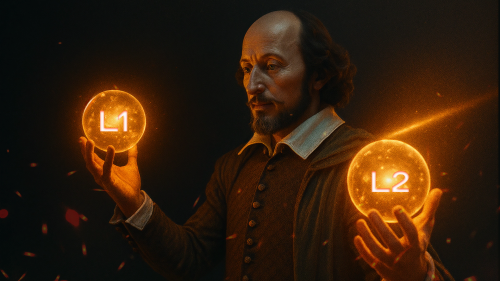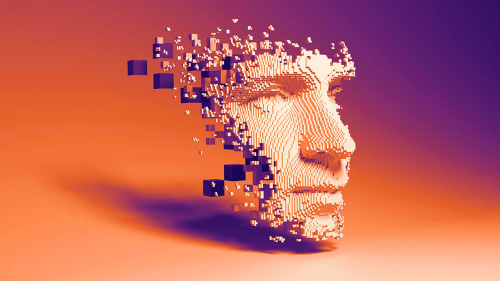In the vibrant city of Eduville, young Alex was a bright and curious student. However, he often felt stifled by the rigid curriculum and standardized tests imposed by the central education board. Alex dreamed of learning about topics that truly sparked his interest, like robotics and space exploration, but the school’s strict schedule left little room for such pursuits.
Alex’s situation reflects the reality of many students in centralized education. These systems, like the one in Eduville, are characterized by a top-down approach, where a central authority dictates the curriculum, learning materials, and assessment methods. While this can ensure a baseline level of education for all, it often limits creativity, innovation, and personalized learning.
This article introduces a viable alternative: Decentralized Education (DeEd). Read on to learn about its underlying principles, practical implementation and the role that Decentralized Science (DeSci) plays.

The need for a redesign in educational systems
The COVID-19 pandemic served as an unexpected catalyst for change in education. As classrooms shifted online, the limitations and shortcomings of traditional education models became glaringly apparent. Students grappled with subpar online instruction, prompting them to explore alternative options for learning.
Meanwhile, higher education institutions scrambled to adapt, accelerating the digitization of teaching and administrative tasks and forcing them to rethink their long-term strategies.
“With technology constantly expanding offering more access to knowledge and collaboration across various fields and levels, a fundamental redesign of education is becoming essential, particularly in the digital age. “
-Bittopia University
This demand for a more personalized and adaptable learning experience paved the way for the rise of decentralized education (DeEd).
What is DeEd (Decentralized Education)?
DeEd represents a significant shift from traditional, top-down education systems. Instead of relying on established institutions and their often outdated curricula, DeEd empowers industry professionals, skilled teachers, and even students themselves to shape the learning experience.
Friedman Fundamentals: Decentralizing Schools
DeEd offers diverse and flexible learning options. One crucial component that underpins their effectiveness and potential is the integration of Decentralized Science (DeSci).
DeSci is built upon blockchain technology that offers a decentralized and transparent approach to scientific research, publication, and funding. You can read more on the principles in our article “What is DeSci?”. They align perfectly with the core principles of DeEd, fostering a collaborative and open environment for knowledge creation and dissemination.
The rise of DeEd
The pandemic accelerated the adoption of DeEd and highlighted its potential to transform education. While DeEd encompasses various forms, it found its most potent expression in virtual platforms. These platforms offered a lifeline to learners seeking high-quality, flexible, and accessible education beyond the confines of traditional classrooms.

Forms of DeEd
The virtual platforms that flourished during the pandemic represent just one facet of the diverse landscape of decentralized education. DeEd manifests in a variety of forms, each catering to different learning styles, needs, and preferences:
- Virtual platforms and online courses: As we’ve seen, online platforms like Coursera, Udemy, and Khan Academy offer a vast array of courses taught by experts from around the world. Learners can access these courses at their own pace, customizing their learning journey and earning credentials upon completion.
- Open educational resources (OER): These are freely available educational materials that anyone can use, adapt, and share. For example, Bittopia, the world’s first decentralized university leveraging blockchain, directly connects learners and educators, fostering the creation and sharing of open educational resources, making education more accessible and collaborative.
- Micro-schools and learning pods: These smaller, more personalized learning communities offer a more intimate and tailored educational experience. Micro-schools often have a specific focus or philosophy, catering to niche interests or learning styles.
- Peer-to-peer learning and mentoring: This approach fosters collaboration and knowledge sharing among learners. Peer-to-peer learning can occur in online forums, study groups, or through mentorship programs where experienced learners guide and support their peers.
- Tokenized learning: The fusion of tokenization and blockchain technology might bring about a significant transformation in the current educational landscape. Tokenized EdTech platforms, such as Tutellus, operate as a value-as-a-service (VaaS) model.They provide tokenization services (like tokenized certification, courses, learning materials, etc) for others to incorporate the concept in their educational evaluation mechanisms. We covered this topic in more detail in the Onchain report “Real-World Assets for Real-World-Purposes – an Impact Analysis”.
- Community-led DAO-based education: These DAO-based communities collectively make decisions about funding, curriculum development, and governance. OpenCampus is one such example of a DAO-based community-led platform.
These are just a few examples of the diverse forms that DeEd can take.
Why do we need decentralized education?
Decentralized education (DeEd) has emerged as a compelling alternative, offering a stark contrast to the traditional education system. Let’s delve deeper into this comparison to understand why DeEd is gaining traction and how it addresses the limitations of traditional models.
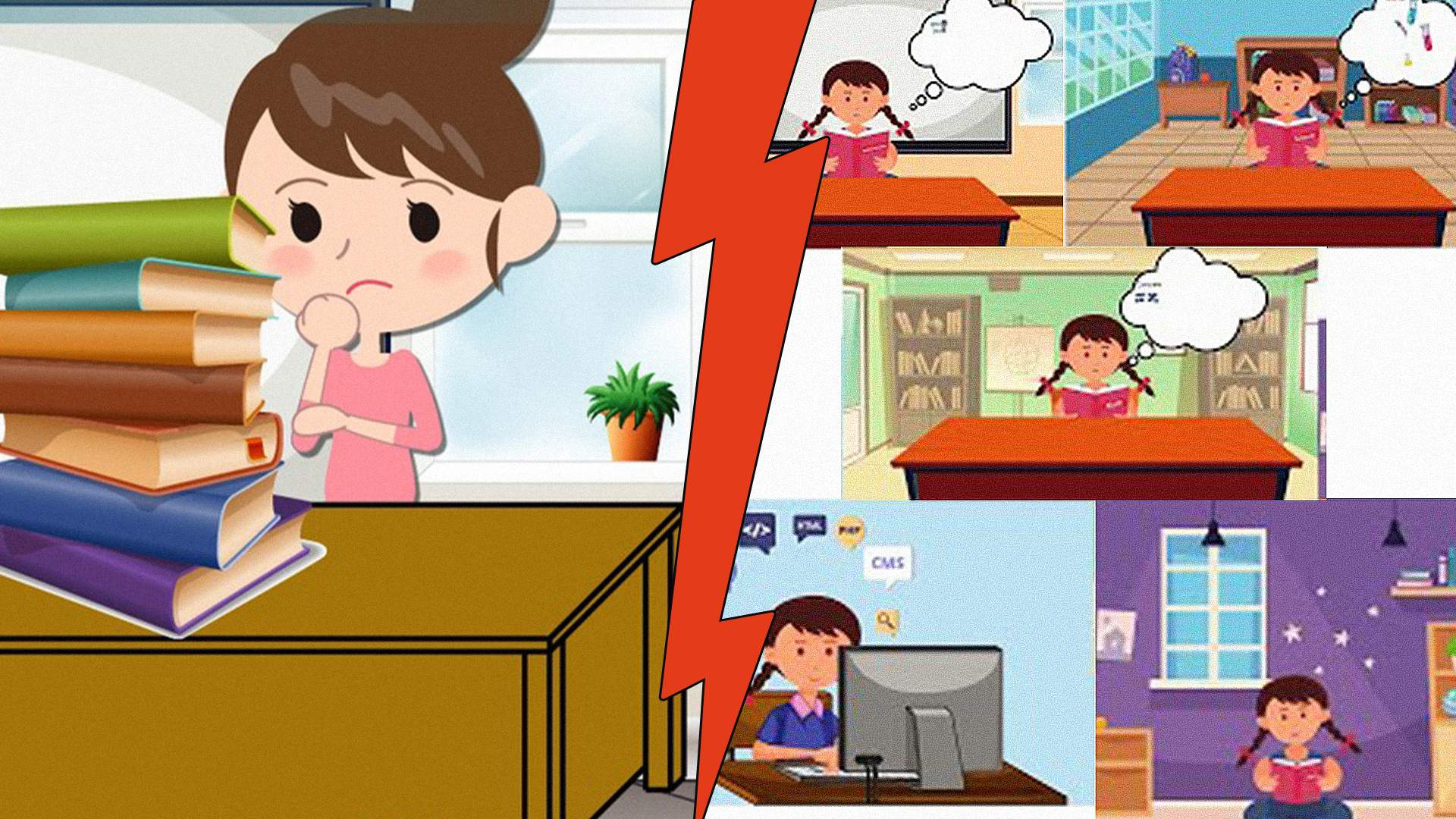
In traditional education, structure and curriculum play a pivotal role. A standardized curriculum, often determined by a central authority, aims to provide a uniform educational experience for all students. This structure, while providing a baseline for knowledge acquisition, can often stifle creativity and individual learning styles.
In contrast, DeEd champions a learner-centric approach, where the curriculum is flexible, adaptable, and tailored to individual needs and interests. This fosters a more engaging and relevant learning experience, empowering learners to explore their passions and develop practical skills that align with their goals.
DeEd’s transformative impact extends beyond the curriculum. While traditional learning environments are predominantly confined to physical classrooms, DeEd offers a diverse range of options, including online platforms, in-person workshops, and hybrid models, accommodating various learning styles and preferences.
Additionally, DeEd’s accessibility transcends geographic boundaries and financial constraints, offering affordable and flexible options for lifelong learning. This inclusivity opens doors for individuals who may have been excluded from traditional institutions due to cost, location, or other barriers.
Moreover, DeEd reimagines credentials, utilizing blockchain technology to create secure, verifiable records of skills and achievements that go beyond traditional degrees. This shift recognizes the value of diverse learning experiences and empowers individuals to showcase their competencies in a more comprehensive and authentic way.
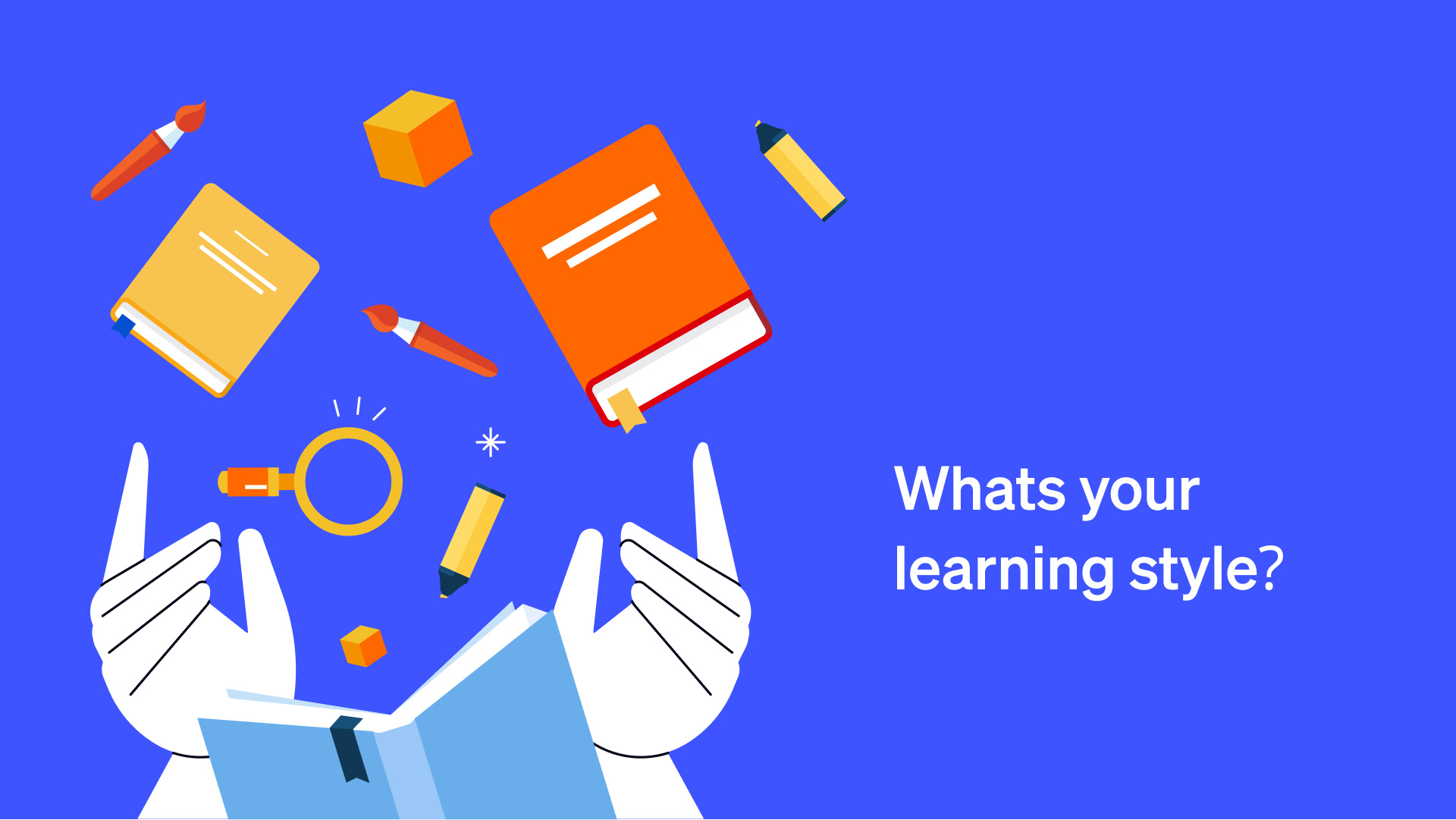
Overall, Decentralized education (DeEd) offers a more flexible, personalized, and engaging approach to learning, empowering learners to take control of their education and acquire skills relevant to the 21st century. While the traditional system still plays a role in providing foundational knowledge, DeEd is emerging as a complementary and increasingly important alternative for lifelong learning and skill development.
DeSci – a catalyst for DeEd
DeSci emerges as a critical component, providing innovative solutions to enhance the effectiveness and credibility of DeEd initiatives.
- Open access to knowledge: DeSci platforms facilitate open access to scientific research, data, and educational resources. This aligns with the core principle of DeEd, which emphasizes making knowledge accessible to all, regardless of their background or location.
- Incentivizing content creation: DeSci utilizes blockchain technology to reward content creators with tokens or other incentives, fostering a vibrant community of educators and experts who are motivated to share their knowledge and expertise.
- Transparent and trustworthy assessment: Blockchain-based credentials and certifications provided by DeSci platforms offer a transparent and verifiable way to assess learner’s skills and knowledge, enhancing the credibility of DeEd programs.
- Collaboration and peer review: DeSci platforms encourage collaboration among researchers, educators, and learners, enabling peer review and feedback mechanisms that ensure the quality and relevance of educational content. Platforms like ResearchHub allow scientists to collaborate, share research, and provide feedback on each other’s work.
- Funding research and development: DeSci can help fund research projects related to DeEd, leading to the development of innovative pedagogical approaches, technologies, and learning tools.
- Community governance: DeSci platforms often operate as decentralized autonomous organizations (DAOs), allowing community members to participate in decision-making regarding curriculum development, resource allocation, and governance, thus promoting a democratic and inclusive approach to education.
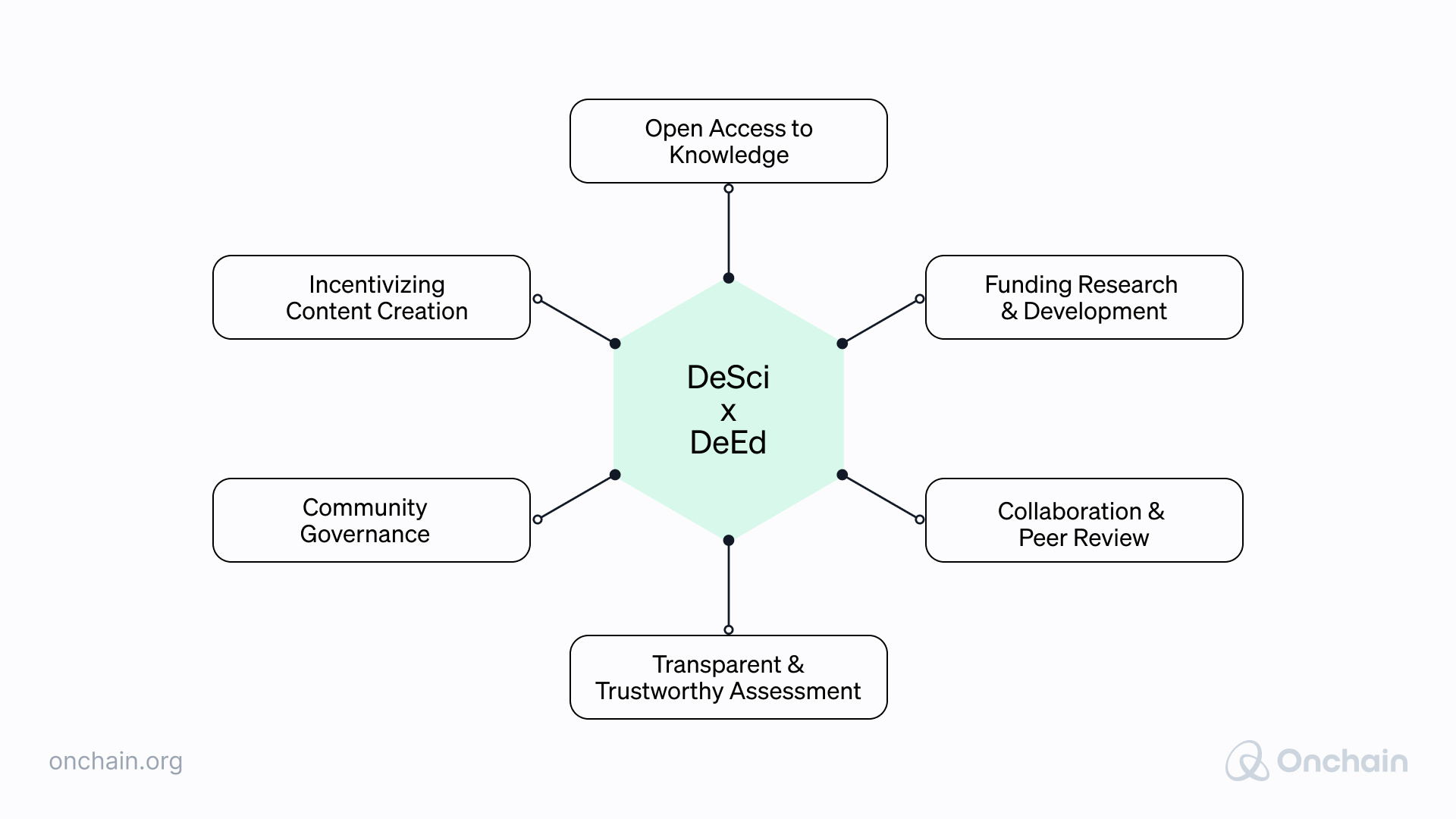
Advancing DeSci as the foundation for better education
In essence, DeSci acts as a catalyst for DeEd, amplifying its impact by providing a robust infrastructure for knowledge creation, validation, and dissemination. This synergy not only enhances the quality and credibility of DeEd but also fosters a more inclusive, collaborative, and learner-centric educational landscape.
Interested in learning what else DeSci can do? Read our detailed analysis on whether/how DeSci can transform science again.

